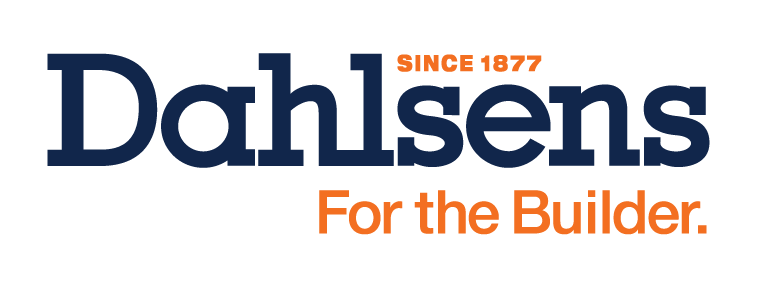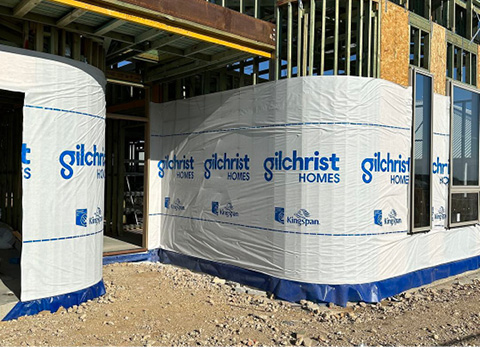Since the implementation of NCC 2022, residential construction has undergone significant transformations. The introduction of 7-star energy efficiency requirements and adjustments to the Livable Housing Standard have posed challenges and opportunities for builders. These standards have impacted construction costs and necessitated innovative solutions and strategic adjustments to traditional practices.
In New South Wales, BASIX 7-star and BASIX 70 energy targets have been effective since October 1, 2023, while the Liveable Housing Standard awaits adoption. The Australian Capital Territory embraced 7-star energy efficiency, condensation management, and the Livable Housing Design Standard from January 15, 2024. Victoria implemented 7-star energy efficiency, the Livable Housing Design Standard, and condensation management from May 1, 2024.
Builders must upgrade existing homes to 7-stars, enhance accessibility in designs, and maintain cost-efficiency. Dahlsens has partnered with industry associations, advisors, and manufacturers to develop cost-effective solutions.
Insulation is crucial for achieving 7-star performance, offering energy efficiency at low cost. Innovative strategies such as underslab insulation, high-performance membranes, effective ventilation, high-performance cladding, and energy-efficient windows may be required. Whole-of-Home energy assessments stress the need for energy-efficient appliances like heat pumps, especially with the phasing out of gas connections in regions like Victoria and the ACT.
Additionally, livable housing design emphasises accessibility and comfort. Dahlsens offers solutions such as zero-threshold entry, wider doors, and frames to comply with accessibility standards. As builders adapt to regulations, Dahlsens provides expertise and support to integrate new standards seamlessly.
Insulation
Wall, Ceiling, andRoof Insulation
Insulation is a low-cost method for enhancing performance and contributing towards a 7-star energy rating. Dahlsens offers expert recommendations and a variety of insulation options to suit different builds. We supply a range of options including wall and ceiling batts, blankets, membranes, rigid insulation and underfloor options from Australia’s most trusted insulation manufacturer in various R values to suit your requirements.
Slab Insulation
One strategy to reach 7-stars is to employ the use of underslab insulation made from extruded polystyrene (EPS). EPS can be used in a waffle pod system to fill voids in concrete slabs, lowering the amount of concrete required for a build (and therefore the cost) while also achieving a higher level of insulation through the natural air pockets in the waffle pod design.
Another option is to use an under-slab or slab edge EPS system, which can help prevent thermal bridging around the perimeter of a home and provide additional insulation benefits under concrete slabs.
High-performance membranes
Condensation management continues to be a focus in the NCC 2022, with increases in vapour permeance to wall sarking within climate zones 4 to 8. While the NCC 2022 does not change building sealing and airtightness requirements, there is a trend towards more airtight homes, with passive houses leading the way. Dahlsens offers a range of building membranes to suit climate zones located in Vic, NSW and ACT, including class 4 wall wraps and high-performance membranes suitable for passive homes.
Ventilation
The more airtight our homes become, the more ventilation is required to control condensation; this is the catalyst for the increased ventilation requirements in NCC 2022. New homes will require exhaust systems to discharge air directly out of the building from kitchens, bathrooms, sanitary compartments and laundries at a designated flow rate. Roof cavities will also require ventilated battens in some instances.
Dahlsens has long-term partnerships with ventilation suppliers and is here to support you with a range of solutions to meet these new requirements.


